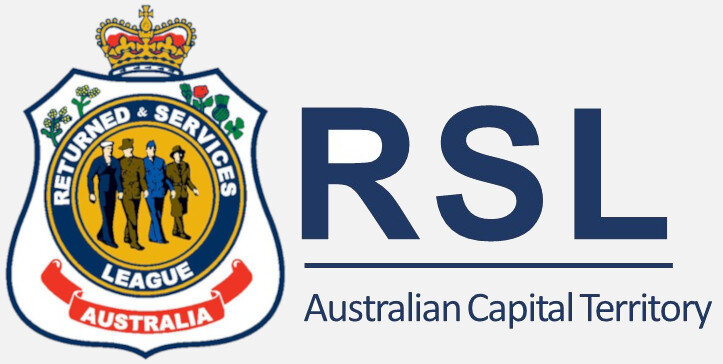How to change career as a veteran
Career change tips from the experts at the RSL Veterans’ Employment Program.
A few generations ago, a person would graduate from a trade or a degree, find a job, and settle in for decades of security in that role. The modern workforce is a very different beast, however. These days, people change jobs 12 times in their working life with an average tenure of less than four years. Career changes are common, but not without their challenges – particularly if your skillset was honed in the armed services and you now want to work in the civilian workforce.
The expert career coaches at the RSL Veterans’ Employment Program have identified six steps to a successful career change.
Do your research
Before making a major career change or committing to study or retraining, you want to have a fair notion that the new career will suit you. Ask yourself what appeals to you about the industry or role. It could be the lifestyle offered, the salary potential, or the way it aligns with your personal values.
Get some no-strings-attached experience by volunteering in that field. Find people who work in that area and pick their brains. What do they love about their job, and what isn’t so great? What sort of hours do they work, and is it family-friendly? Is there space to grow and develop, if that’s important to you? You could also sign up for a free online class or listen to lectures to get an idea of whether it’s right for you.
2. Have realistic salary expectations
Starting a new role in a different industry doesn’t have to mean starting from square one. The good news is you’ll likely have lots of transferable skills, particularly soft skills like teamwork, communication and leadership. But be prepared to start at a lower pay grade until you’re more experienced in the new field.
It can be useful to have a financial buffer before undertaking a major career change, to take the financial pressure off while you work things out. If you have a support network of family and friends, use it. Don’t be shy to ask for help while you transition to a new career.
If the pandemic has taught us anything, it’s that things can change overnight. Be aware of trends in the job market and be hesitant to move into a career that isn’t future proof. Read more about future proof career paths here.
3. Know what skills you already have
Do a stocktake on the skills you already have, both soft skills (things like problem solving, collaboration and critical thinking) and hard skills (things like coding, technical writing and having a heavy vehicle licence).
Write a list of all the tasks you were assigned and break them down into the skills required to complete them. Then to translate them into civilian language, think about what those skills are at their core. For help with this, check out our article on translating miliary skills for the civilian workforce.
4. Develop new skills as needed
There are a number of avenues you can take to enhance your existing skillset, or to learn new skills altogether. There are lots of online courses you can complete to develop skills in just about any area. Online Courses Australia and Upskilled provide more formal online courses, while platforms like Udemy have hundreds of informal courses on almost any topic.
For in-person training, Vocational Education and Training (VET) offers a range of course in different industries, qualifications, and course lengths depending on your specific needs, all taught by industry professionals. For more information on how reskilling through VET might benefit you, click here.
5. Be patient and persistent
Keep in mind that changing career can take time and go easy on yourself. By exploring your options, deciding what you’d like to do and working to expand your skillset, you’re taking small but important steps towards your goal. Don’t expect it to happen overnight.
6. Link in with the experts for guidance
The career coaches at the RSL Veterans’ Employment Program know how to help you take the right steps to move towards the career you want. They’ll help you translate your existing skills, identify where you may need to retrain, and help you enrol in the right courses that employers will recognise.
When you break down the steps with a friendly expert, a career change can feel less intimidating and more within your reach. Find out more about this free service here.


